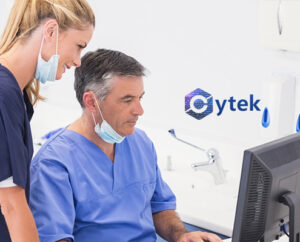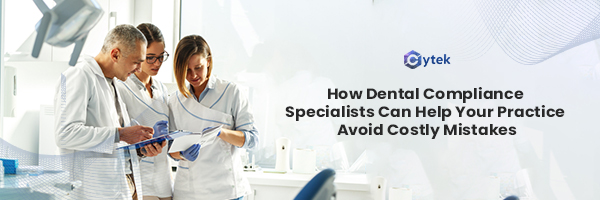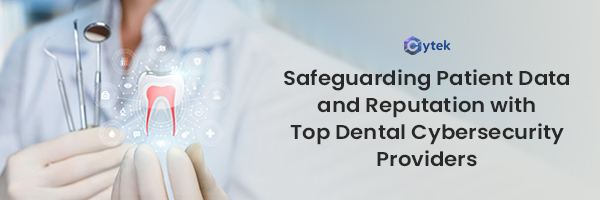Cybersecurity for Dental Practices

There is little uncertainty that running a cutting edge dental practice is essentially more confused than it was just 5 years back. The principal purposes behind this are twofold: First, all dental practices must consent to HIPAA rules and guidelines, and rehearses are currently under consistent digital assault for their information. On the bootleg market, most IT specialists concur that persistent wellbeing records have the most noteworthy money related worth. In this way, it is mistaken to expect that your independent dental practice isn’t an objective since nothing could be further from reality!
The number of cyber-attacks is at high as we compared it with previous years. The last year has suffered as many attacks from many sides. Open and private-part elements around the globe have been hit over and over, with the late-spring months delivering probably the most crippling paces of cyberattacks in years. Albeit all associations ought to be worried about their cybersecurity, littler associations are at an inalienable impediment contrasted with their bigger partners. This data indicates the importance of Dental CyberSecurity to all dental offices.
Is Cyber Security for Dental Offices Only?
Dental specialists must think about the extent of their information and comprehend that they have one of the most noteworthy hazard databases in the dental network — kids’ records. Numerous dental specialists may imagine that since they don’t store “clinical records” in their framework, they don’t need to stress over ensuring quiet records. According to Health and Human Services, it doesn’t make a difference on the off chance that you are a cardiologist, a dental specialist, or a lab. In the event that you have any patient information in your framework, everybody must adhere to similar standards to secure these records. What’s more, if training were to have an information break, the HIPAA Breach Notification Rule expects practices to advise each patient of record that a rupture has happened. Envision the negative PR that training would experience in its nearby network and the awkward discussions with the guardians of the minors whose information was undermined. Also, Identity Theft Monitoring would be offered to every single influenced minor. Wellbeing and Human Services (HHS) and the Office of Civil Rights (OCR) are only two of the announcing organizations a training should work with; 49 out of the 50 states currently have equivalent or increasingly stringent break notice rules. Likewise, if a training treats patients from various states, it might be required to answer to all the states in which it treats patients. An information break is about patient trust, and once it has been broken, it’s extremely hard to recover that trust.
How Dental CyberSecurity Helps Dental Practice ?
- Data Backup and Recovery
- You never want to worry if your data is lost accidentally or deliberately. With Dental CyberSecurity collaboration you can maintain the patients’ records very easily.
- Cyber Security Protocols
- When you have the protection of cybersecurity experts they will protect you from the junk and spam emails. The advanced network helps you to do it.
- There are many benefits to dental cybersecurity. The following are some of them. Save your time, save your money, you can give better service to your patients.

 ">
">
 ">
">